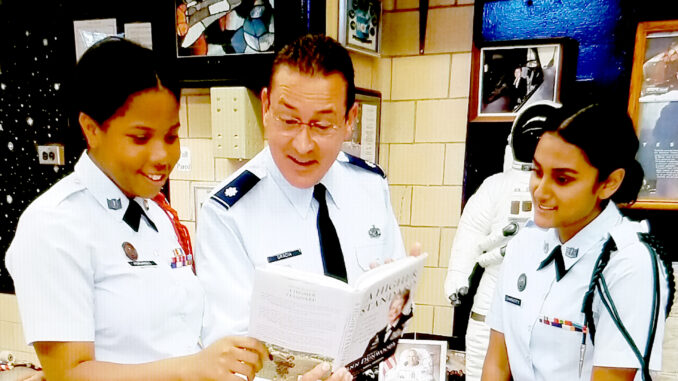
Por Lt. Col. Ralph Gracia
Columnista Invitado
As we start up another academic year we must continue to set our sights toward student and school success. From my experience as an educator in New York City, the quality of teachers entering the profession has risen steadily due to pay incentives. Certainly, schools in challenging areas or less attractive locations struggle to attract teachers. It is critical to consider ongoing workshops or professional developments that focus on recruitment and retention. As we all are aware, recruitment of good educators is the first step, followed closely by retention, for educational success. However, schools need to not only continue to recruit and retain teachers, but also develop the teachers’ skills. In some cases, teachers, including school leaders, receive no adequate training once they join a school, resulting in many employees leaving sooner than expected. This becomes a challenge for all as little to no continuity is left behind.
As leaders in education, we must work even more constructively with teacher training institutions than in the past to provide teachers with the training necessary to lead the way. Critical thinking skills, along with making tough decisions to generate solutions, are needed. For example, when there is no common practice among teachers for assessing work, setting homework, or managing the class, the students find learning difficult. It becomes a challenge to the teacher and student to work collaboratively. Students are left to guess what is required for homework, or what is needed to gain a higher grade, resulting in disengagement. Finally, as a community in an ever-growing society, we need more supportive school structures. While school autonomy has generally been a force for greatness, simply making a school autonomous does not initiate improvement. “An autonomous school”, said Wilshaw in December 2014, “is not necessarily a good one. It takes more than a new nameplate on the gates to make a school outstanding.”
In some areas, local authority support teams no longer exist and a strong community may not offer adequate support. From my experience as a New York City educator, most struggling schools would share those opinions. Fortunately, many schools are already working together effectively to raise standards and to learn from each other. What they may lack are the societal support systems they need to improve as a whole. The need is to ensure all schools work in collaborative groups, accepting personal responsibility not only for their own actions, but leading the way to student success. This is paramount in today’s society.

